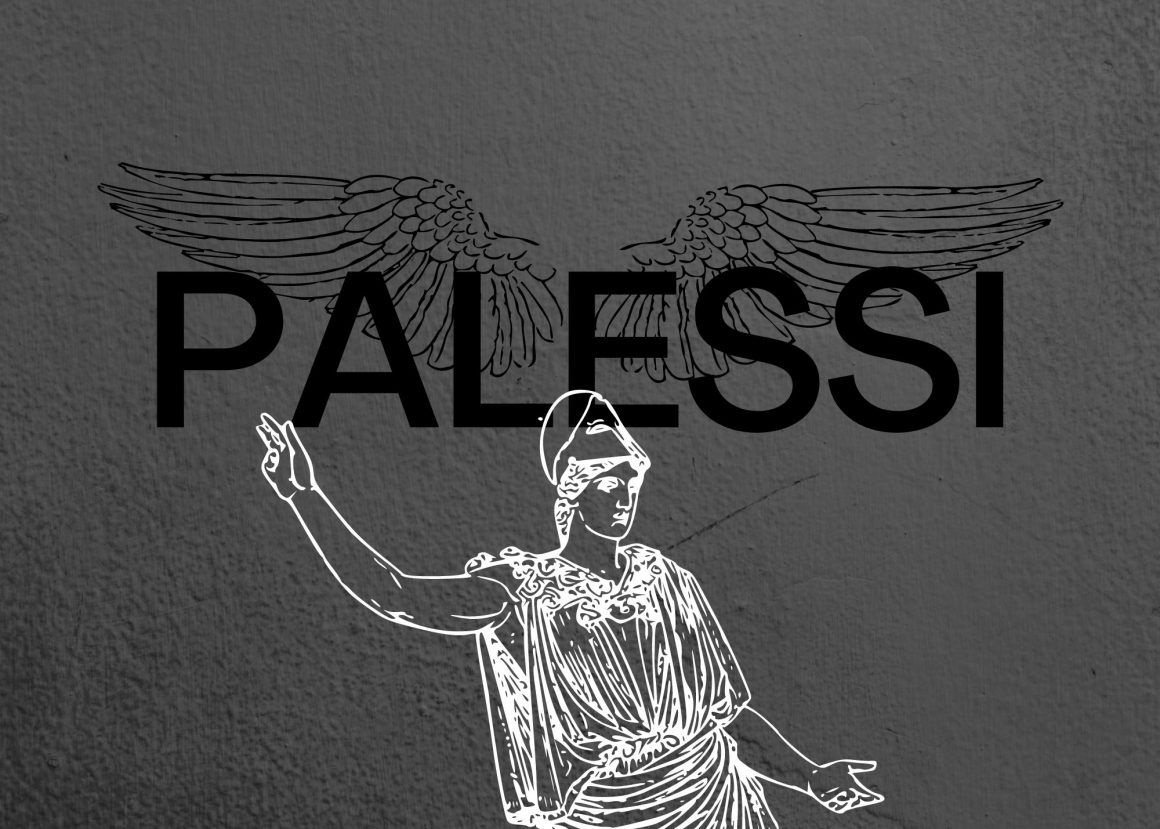
How Payless proved that luxury brands are a scam
By Nazeefa Ahmed, October 4 2022—
In a pre-pandemic marketing stunt, shoe retailer Payless rebranded for a night as Palessi, a luxury store that carries the best of shoes for insanely high prices. Fashion influencers and socialites were invited to the exclusive launch party held in an old Armani store and paid up to $640 for shoes that would retail at Payless for 1800% less. Palessi made a whopping $3000 at the party before revealing the prank to the guests and refunding their money.
When asked about the quality of the products prior to the reveal, guests gushed over the design and listed the prices they would pay.
“I would pay $400, $500. People are going to be like, ‘Where did you get those? Those are amazing,’ ” said one shopper.
Payless’ brand is focused on the average consumer. Payless shoppers are frugal, do not have much disposable income, or do not care much about the look or branding of their shoes. People who buy from there know that their shoes will not last as long and are okay with that due to the bargain price they paid. Hearing affluent people say they can wear the shoes to a Met Gala dinner was therefore comical for the general public.
“Palessi is very high quality, very high fashion. It is taking your shoe game to the next level.” said a shopper, confidently holding knee high, probably faux leather boots.
Even after refunding their money, people did not see the point of the prank. Vox writer Kaitlyn Tiffany called the marketing stunt rude because the target audience was off. She claimed that the marketing of quality shoes for a low price implies that Payless does have a brand, even if they claim to be brandless; their target is the average shopper on a budget. They can’t compare themselves to the luxury-image of other brands because their shoes are simply mediocre.
“What they sell is not-very-good shoes at an affordable price,” said Tiffany. “And when I have to replace them I am not offended because I knew what I had done by buying them in the first place.”
But even after accounting for the quality of luxury goods, the price tag is just too much. If the high retail prices for luxury fashion do not correlate with high wages for employees, there is little justification for a $500 USD shoe. Worker exploitation in a company like Prada or Fendi can be similar to fast fashion brands like Shein.
In fact, luxury items are the only industry that can list their products for thousands more than the expected amount, even though the quality of their products is usually one to two times better than normal shoes.
The social experiment revealed something that the average consumer will not like to hear: that we do not understand relative quality. After a certain degree, the products start to blur and look the same. We are influenced by the marketing gurus behind the products we love.
When selling luxury products in particular, brands are selling the consumer a lifestyle, a perception of what the brand means to them, and a sense of community to those who believe in the values held by the brand.
Exclusivity is also important to a luxury brand’s success. People need to feel as though their purchase is unique and makes them special in the eyes of the materialistic society they find themselves in .
Thus, being a luxury brand is not about making the best product anymore — it is about creating a persona that consumers want to emulate. Palessi represented a higher social status, an Italian-sounding brand that would show the world that they are well-off and thriving.
As the luxury fashion industry is growing, a counter movement of brandless luxury is picking up speed. Italic is a “luxury without labels” brand that is selling products made in designer factories without the label for affordable prices. For example, they are selling $298 leather sneakers for $85 USD, showing that labels are meaningless if quality is paramount.
But the question is, will we accept losing the illusion of social status and power even if the quality is the same? Maybe that’s not the case for the shoppers at Palessi, who are able to afford such high prices. But the average consumer needs to be aware of the greater influence that brands hold and not associate your self worth based on a label.
